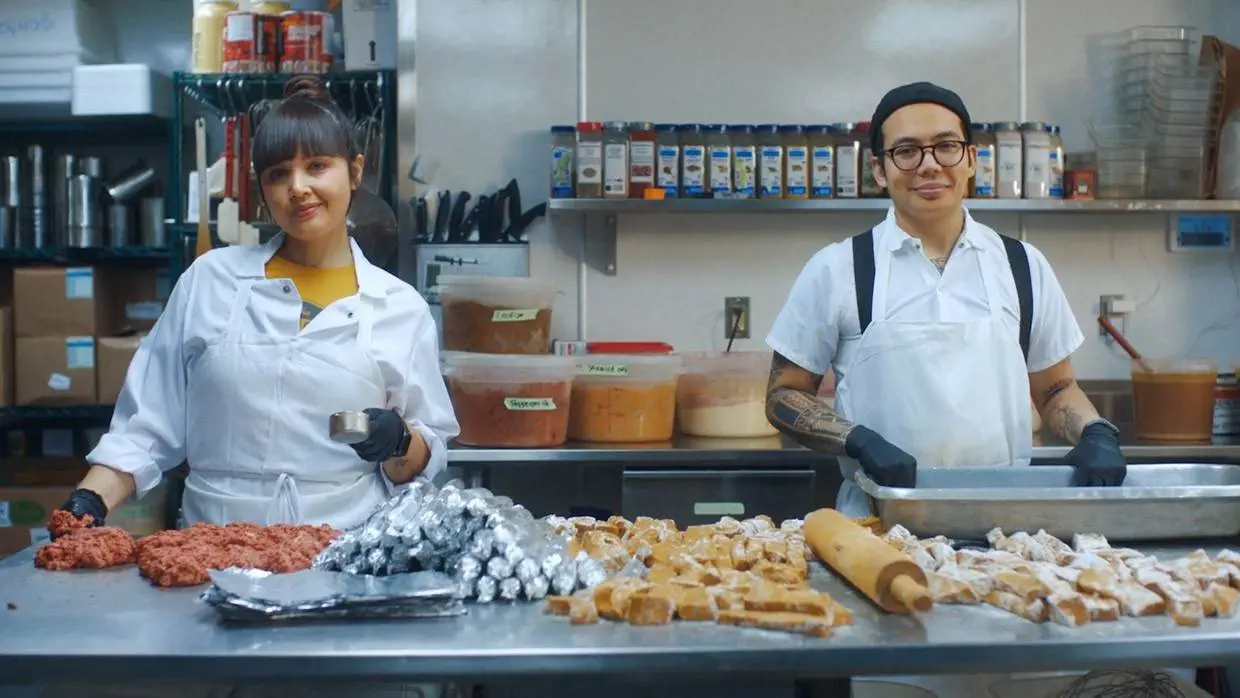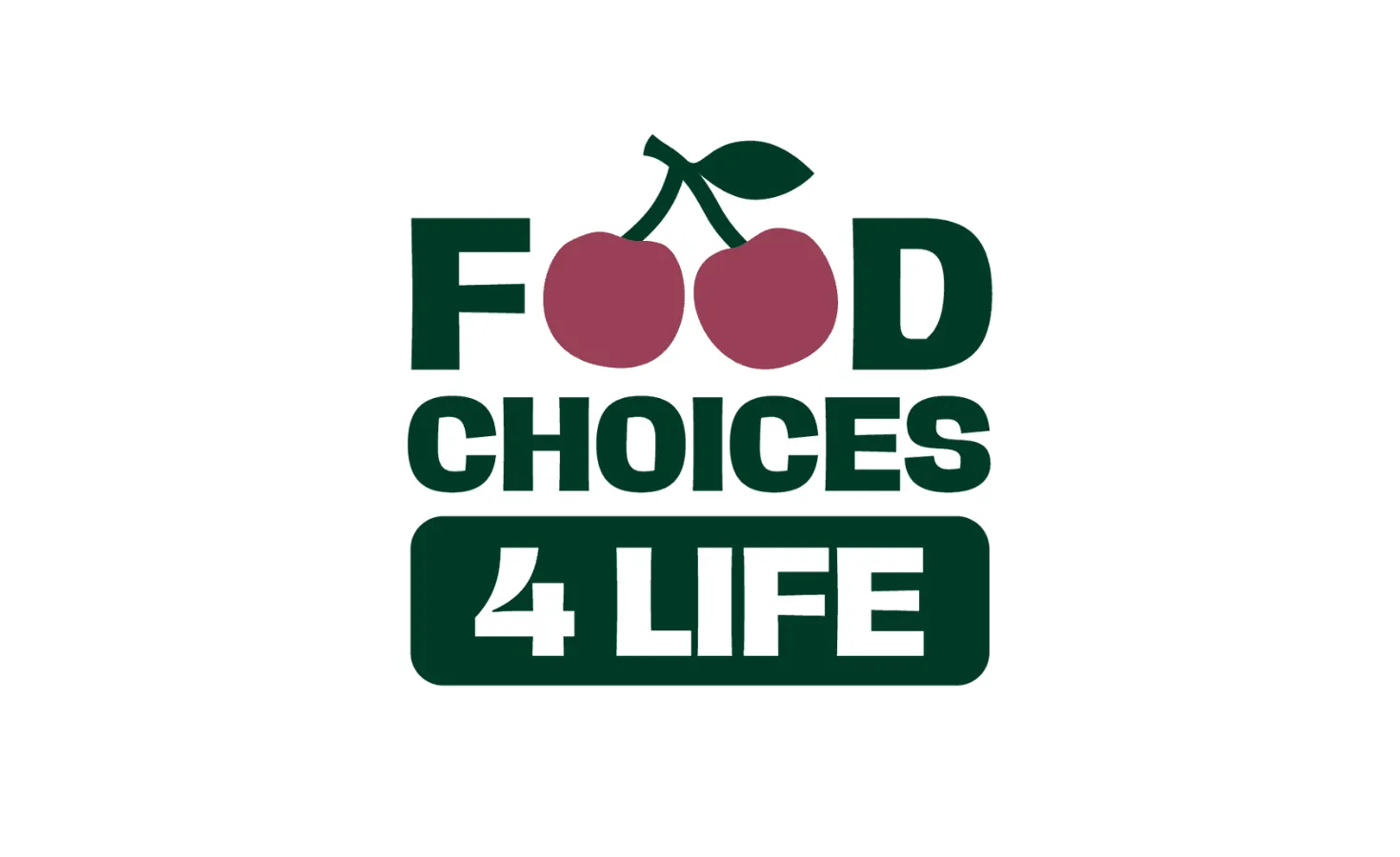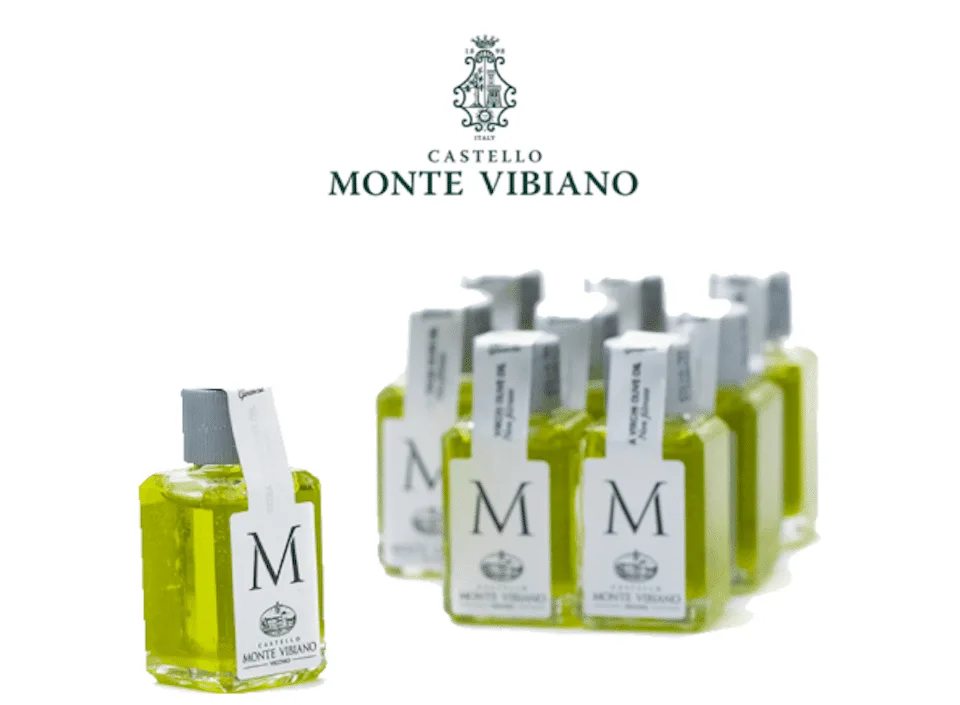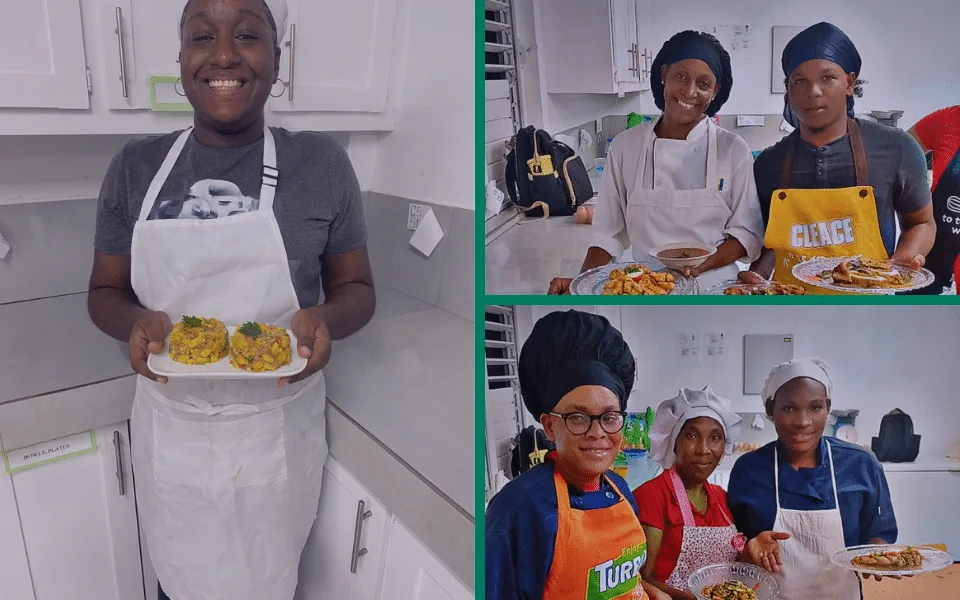Why Upfield Launched Its A Better Plant-Based Future Campaign
We catch up with Dr Jeanette Fielding, Chief Corporate Affairs and Communications Officer at Upfield, to discover the motivation behind its new A Better Plant-Based Future campaign
What was the trigger for launching A Better Plant-Based Future?
At Upfield, we’re on a mission to a Better Plant-Based Future. Transformation of the food system is vital.
The current food system, which relies heavily on mass meat and dairy farming for consumption, is not sustainable. People around the world are beginning to make more informed decisions about the foods they are putting into their body, decreasing their meat and dairy intake, and embracing plant-based foods for health, sustainability and ethical reasons.
As the world’s largest plant-based nutrition company, we have a part to play by offering consumers a range of plant-based foods, including our iconic plant-based butter, margarines, plant-based spreads and vegan cheeses.
But it’s not a mission we’re driving alone.
As well as offering consumers great plant-based alternatives to dairy, A Better Plant Based Future docu-series was our way of giving a platform to four (for now) inspirational pioneers who are championing a plant-based diet and who are showing daily why it is so important to contribute to a healthier, more environmentally sustainable world for all.
Can you explain the campaign in a nutshell?
A Better Plant-Based Future is about challenging people to embark on their own individual healthy, sustainable eating journeys and reduce the environmental impact of their dietary habits.
We wanted to encourage people to try going plant-based for a day so that they could see how accessible, affordable and familiar it can be through making simple plant-based swaps for meat and dairy products.
Our mini docu-series showcases four plant-based pioneers; in the UK, the founder of the vegan Green Gazelles Rugby team and The Vegan Nigerian – a chef who runs plant-based cooking workshops on Nigerian traditional dishes.
In the US, a vegan butcher brother and sister duo in Minneapolis who are making vegan equivalents of the foods we love to eat, and a soul food vegan chef in Compton, LA.
They all share a common vision of making plant-based diets accessible, without making compromises on taste or tradition.
Every dietary change is valuable, and people can start anywhere. We are fans of simple swaps, whether that’s switching out dairy butter for a plant-based butter or margarine like Flora or Flora Plant when baking a cake, or using Violife vegan cheese to sprinkle over pasta.

Brendon, founder of the vegan Green Gazelles Rugby team © Upfield
You haven’t always been a plant-focused company – when and why did you decide to make the transition?
Our company has been a leader in plant-based spreads from the very beginning.
In recent years, we have focused on developing our plant-based margarines, butters, creams and vegan cheeses with an emphasis on great taste, allowing consumers to make ethical, healthy and sustainable food choices. Our focus is also to do this with natural ingredients.
Although we have always relied on plants for our products, our formation as a new company two years ago gave us the opportunity to drive a better plant-based future as our raison d’être, updating our product portfolio and advocacy to champion plant-based innovation.
What kind of response did you get when Flora turned into a fully plant-based brand?
When we decided to relaunch Flora as 100% plant-based, we knew that we would find a welcome audience in the ever-growing consumer base in the UK who identify as vegan. However, we also wanted to support caterers in facing the challenge of removing concerns around allergens in the kitchen.
We trialled the new range with Alexis Gauthier, chef patron of Michelin-starred London restaurant Gauthier Soho, and we were overjoyed with the warm response from classically trained French chefs who were just as delighted by our new product as we were.
What role do you think that larger companies can play in nurturing and supporting smaller vegan businesses? How do the two live alongside each other well?
Collaboration between the growing network of plant-focused and vegan businesses is ultimately to the benefit of all.
We are inspired by the work that small businesses and plant-based entrepreneurs are doing, and the docu-series we produced for A Better Plant Based Future celebrates this. We are privileged to be able to give this platform to people who are doing amazing things in this space.
Ultimately, we’re all part of the same ecosystem – the plant-based movement as a whole. We have shared goals around health and sustainability, and we all have a part to play in encouraging consumers to opt for more sustainable and healthy products by reducing their meat and dairy intake.

Lemel, a soul food vegan chef in Compton, LA, is an ambassador for A Better Plant-Based Future. © Upfield
What actions are Upfield taking to ensure its products are more sustainable?
As a sustainable business, we need to monitor, understand, and correctly communicate the impact of the foods we produce. That is why we work with Quantis, an international sustainability consultancy specialising in environmental measurement. They conducted Life Cycle Assessments (LCAs) for many our products, so we can track the carbon emissions, land use and water use connected with our products.
Based on a large scale LCA, assessing our plant-based margarines across 21 European and North American markets, Quantis concluded that our products have a 70% lower carbon impact, use only half of the water and require two-thirds less land than dairy butter.
What would be your advice on the first steps a company should take if they are looking to become more sustainable?
To be a sustainable food company, you must first be aware of the environmental impacts of your entire supply chain.
Knowing how the ingredients you use affect the environment, the climate and local communities can help to direct procurement decisions and improve sustainability goals.
Viewing a company’s operations through the framework of the UN’s Sustainable Development Goals is a useful way to see where you already operate sustainably, and where you need to improve.
What else can we expect to see from A Better Plant-Based Future?
The campaign launch is only the beginning. We are hoping to inspire a global movement of people who are making better informed food choices.
Our goal is to show that healthy and sustainable diets can be accessible and enjoyable to all and plant-based foods such as plant butter, margarines, creams and cheeses have a great role to play in that.
We will continue to find innovative ways to demonstrate this, break down misconceptions, and drive positive change in the health of our consumers and for the sustainability of our planet.
At Upfield we’re consistently innovating, leading by example, and driving change. We are proud to be a company that is committed to a more sustainable and healthier future for all of us.
This article was originally published in Vegan Food & Living. You can learn more about the author below.
For more information on Upfield and their A Better Plant-Based Future campaign, visit www.abetterplantbasedfuture.com/en.

About Jeanette Fielding
Jeanette is the Chief Corporate Affairs & Communications Officer at Upfield.
Jeanette holds a PhD in Nutrition and Food Science, a Masters in Human Nutrition, a Bachelor of Biological Science and Graduate Diploma in Business Administration.
Jeanette joined Upfield after twenty years at some of the world’s largest consumer products and healthcare companies. She has a reputation for building corporate reputation, managing reputational risks, building stakeholder relationships, and developing strategy and policies for the most critical issues facing business.






